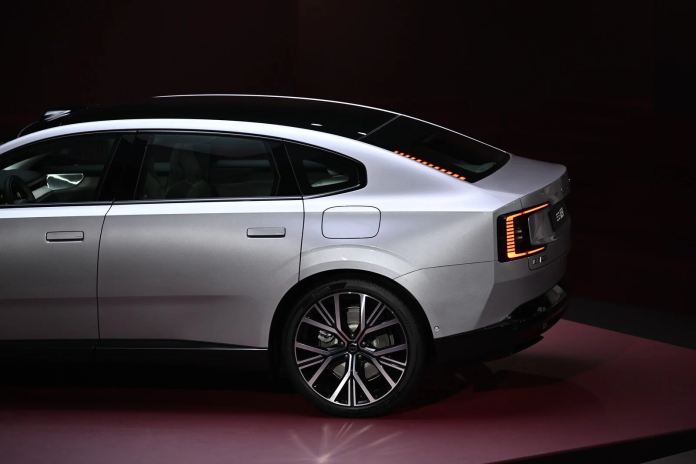Volvo Cars reported an 11% year-on-year drop in global sales for April, with deliveries falling to 58,881 vehicles, as demand for its fully electric models plummeted by 32%.
The Swedish automaker, majority-owned by China’s Geely, attributed the decline to weakening consumer appetite for battery-electric vehicles (BEVs) and escalating trade tensions triggered by US tariffs.
Fully electric cars accounted for just 20% of total sales in April, down from 30% a year earlier, as Volvo’s BEV lineup faced stiff competition in key markets. Sales of all electrified models, including plug-in hybrids (PHEVs), fell 16%, representing 45% of total volume. The slump reflects broader challenges in transitioning consumers to EVs amid high prices and inadequate charging infrastructure, particularly in Europe and the US.
Volvo’s struggles mirror those of European peers like Volkswagen and Stellantis, which are also grappling with slowing EV adoption. However, the company faces unique headwinds: its reliance on Chinese battery suppliers and production bases has made it vulnerable to US President Donald Trump’s tariffs on car imports, announced in March 2025.
The tariffs, part of Trump’s “America First” trade agenda, have forced Volvo to accelerate cost-cutting measures with Geely while attempting to retain US market share. American buyers increasingly favour hybrids and combustion-engine vehicles, which made up 55% of Volvo’s April sales.
Meanwhile, in China – Volvo’s second-largest market – the brand is losing ground to domestic rivals like BYD and Nio, which offer cheaper EVs tailored to local preferences.
Investors reacted sharply to the sales update, with shares sliding 3% in early trading on 6 May, extending a year-to-date decline of 29%. Volvo withdrew its 2025–2026 earnings guidance in April, citing “unpredictable trade dynamics,” and has yet to outline a revised strategy.
